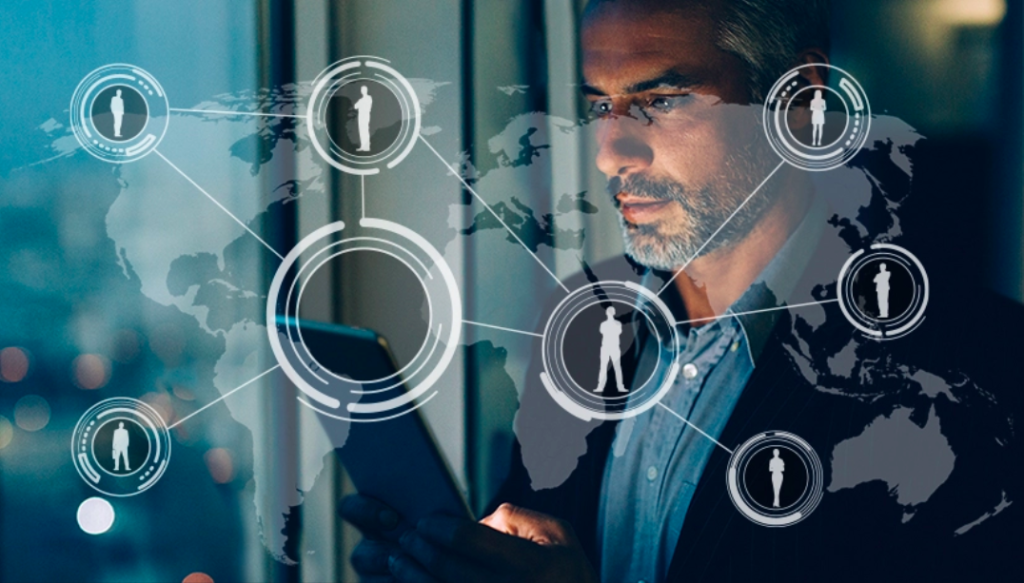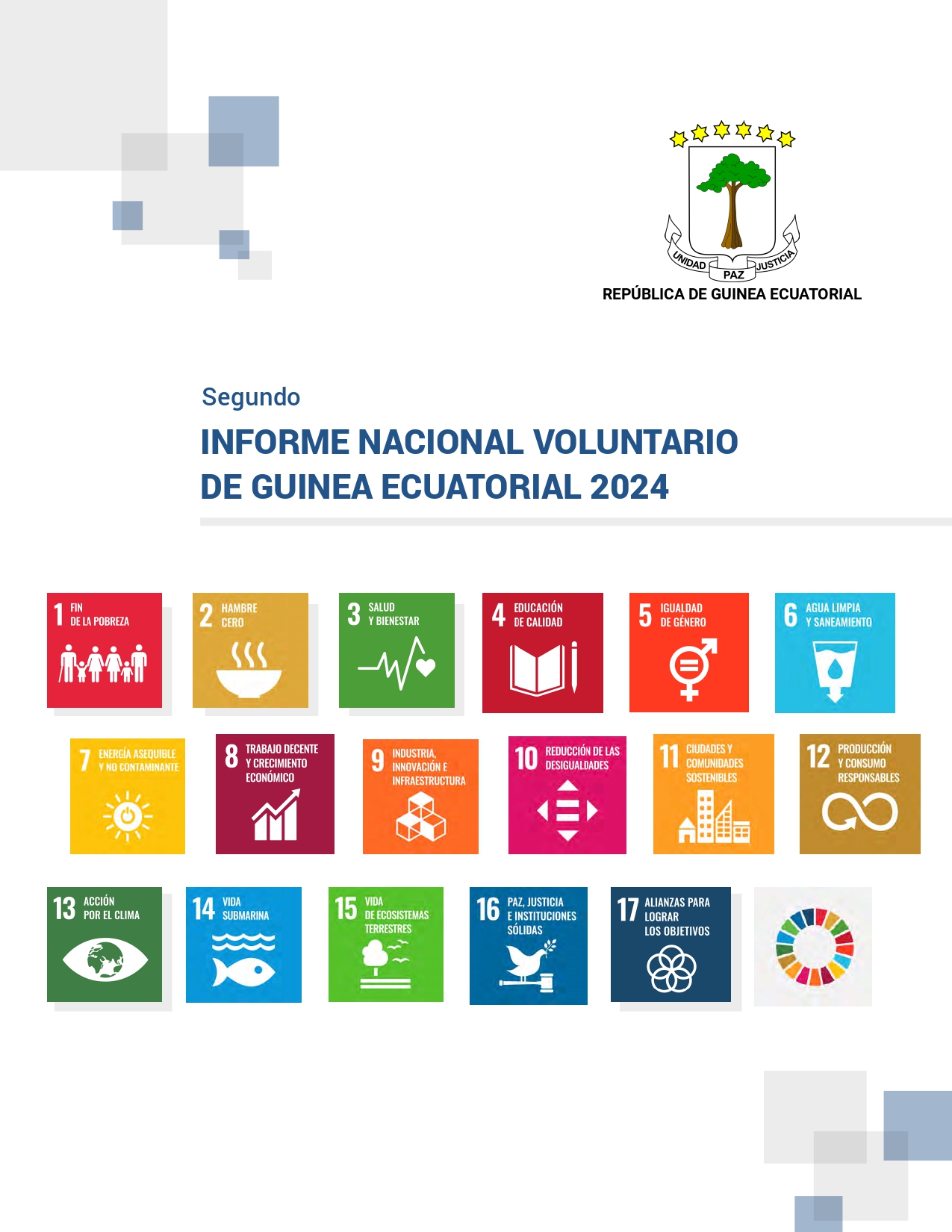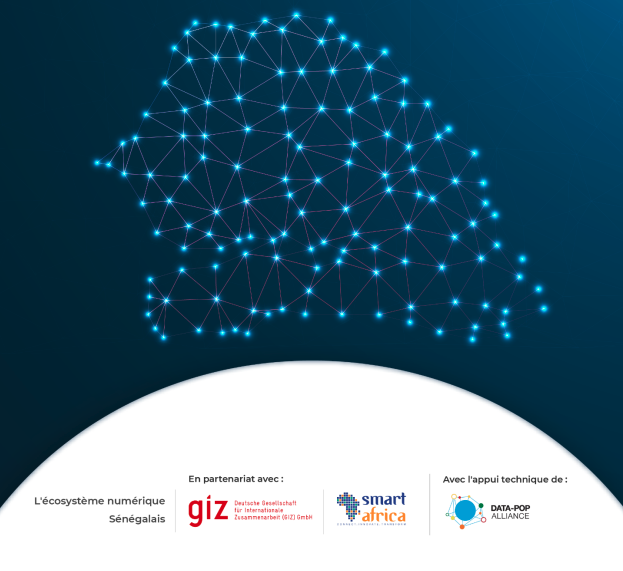On Tuesday 20 November, SciDev.Net hosted the third of four online debates, supported by the Rockefeller Foundation, exploring key issues in science for development. Experts from around the world will discuss what big data means for development, and how poorer countries can balance the rewards and risks of big data.

Data-Pop Alliance Director Emmanuel Letouzé participated along with the following panelists:
Davis Adieno, regional director for Africa, Global Partnership for Sustainable Development Data, Kenya (@DavisAdieno)
Davis works with governments, regional bodies, non-state actors, private sector and other organisations, through national data roadmap processes to harness the data revolution. He helps these organisations develop strategies for investments and innovations in data to achieve the SDGs and other development priorities. Davis has extensive experience in building data ecosystems, citizen engagement, and policy spaces. Previously he worked for CIVICUS World Alliance as senior advisor and as senior manager at Development Initiatives.
Justin Arenstein, founder and CEO, Code for Africa (@justinarenstein)
Justin Arenstein is an award-winning investigative journalist and digital democracy strategist, who leads Code for Africa: the continent’s largest federation of civic technology and open data labs, as well as the $1m innovateAFRICA.fund incubator that seed-funds data-driven projects.
Maria De-Arteaga, researcher, Carnegie Mellon University, US/Colombia
Maria is a joint PhD candidate in Machine Learning and Public Policy at Carnegie Mellon University. She is passionate about understanding the roadblocks that prevent the effective use of machine learning to advance global development, and conducting machine learning research to tackle these challenges. Currently, her main focus is algorithmic fairness in the context of decision support systems. She is a co-founder and co-organiser of the Workshop on Machine Learning for the Developing World (ML4D), held at NIPS — the premiere machine learning conference — in 2017 and 2018. Her research on discovery of anomalous patterns of sexual violence in El Salvador was awarded the Innovation Award on Data Science at Data for Policy, 2016. She is the recipient of a Microsoft Research Dissertation Grant, 2018.
Tariq Khokhar, managing director and senior data scientist, The Rockefeller Foundation, US (@tkb)
Tariq steers the work to build the Rockefeller Foundation’s technological capabilities and innovation projects. He joined the Foundation in September, after serving as senior data scientist and global data editor at the World Bank. Here he established the World Bank’s Data Innovation Fund, which attracted more than 1,000 applicants and led to over US$7 million of investment in early-stage and scale-up projects to improve the way data are produced, managed, and financed for low-and-middle-income countries. Prior to this, Tariq developed technical architecture and data standards for the International Aid Transparency Initiative, and co-founded Aptivate, a digital agency which works across the mobile banking, telecommunications, education, and healthcare sectors. He is a graduate of the University of Cambridge.
Mohamed Maher, digital transformation and innovation consultant, Egypt
Jacqueline Mutsiitwa, executive director, Financial Sector Deepening Uganda; founder, Hoja Law Group (@nubiancounsel)
Jacqueline is executive director of FSD Uganda, a not-for-profit company that promotes greater access to financial services, and founder and managing partner of Hoja Law Group. She is also a data champion for Accur8Africa, a platform supporting the accuracy of data in Africa. Previously Jacqueline worked at the Eastern and Southern African Trade and Development Bank (PTA Bank), the WTO and for the Rwandan government. She is a member of the Monetary Policy Advisory Committee, the Bank of Zambia board, and the board of Crisis Action, an international non-profit protecting civilians from armed conflict. She was a Young Global Leader 2011 (World Economic Forum), an Archbishop Desmond Tutu Fellow 2011, the 2012 Mo Ibrahim Foundation Leadership Fellow, and a 2014 New Voices Fellow. Jacqueline holds a BA from Davidson College and a Juris Doctor from the University of Melbourne.
Bright Simons, president, mPedigree network, Ghana (@BBSimons)
Bright Simons is the president of mPedigree, a social enterprise working on three continents using innovative technologies to secure communities from the harmful effects of counterfeiting. He is honorary director of development research at IMANI, a TED and Ashoka fellow and consulted on innovation strategy by international organizations such as the World Bank, UNECA, USAID, and the Commonwealth. In 2016, Fortune Magazine named Bright in their 50 World’s Greatest Leaders.
Moderator:
Imogen Mathers, producer at SciDev.Net



